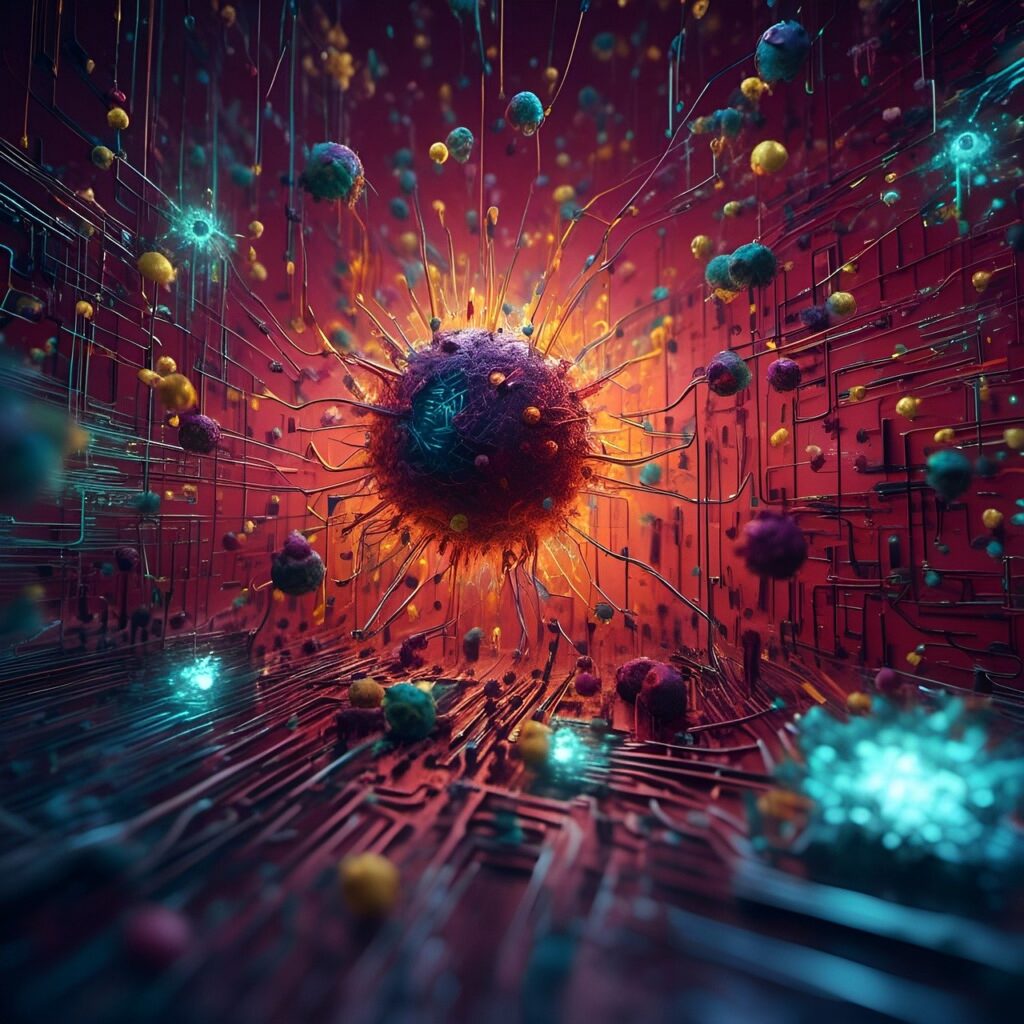Trusting AI: When Computers Play the Function of Traffic Cop and Barista
If you were strolling through Golden Gate Park in San Francisco, sipping your ethically-sourced, fair-trade coffee, and someone approached you with a slightly alarming proposal to let a computer system decide the fate of every vehicle, plane, and even your daily cappuccino, you might think it sounds a bit like a modern retelling of George Orwell’s 1984. Yet, without knowing many, this dystopian fiction is today’s reality. From air traffic control to the statistical analysis of bridge toughness, our lives have long depended on the silent efficiencies of computer systems.
Trust in AI: Why the right foundations will sort out its subsequent time ahead
The World Economic Forumhttps://www.weforum.org › stories › 2024/01 › davos2…Jan 2, 2024 — AI’s spread is creating concerns around trust – which could make or break the uptake of this technology.The subsequent time ahead of trust in artificial intelligence (AI) depends on how well AI is developed and regulated, and how people understand and see it. Trust in AI is a subjective concept that can vary from person to person and from culture to culture.
The Silent Rise of AI in Everyday Decisions
For generations, humans have placed their trust in computers. Remember the time when you almost missed a green light because the AI-controlled traffic signals in downtown Los Angeles decided it wasn’t your day to go fast? Just me? Fair enough.
Basically, AI systems have quietly slipped into roles where their decisions, though mechanical, affect very human experiences. Today’s marvels range from mundane tasks like scanning barcodes for drug delivery to complex operations like overseeing the chaos of LAX’s air traffic.
“AI isn’t about making smart decisions; it’s about making better human experiences,” says Rachel Ng, a front— declared our partnership development specialist
Why Trust the Digital Brain?
Trust in AI is as precarious as equalizing a double latte on your knee although directing through San Francisco hills in a codex shift. Should we trust Claude.ai, my favorite Large Language Model (LLM), despite its occasional hiccups? And trust it, we must, considering it’s responsible for the witty one-liners you chuckle at when you ask your smart speaker for a weather update in Austin.
Although AI brings convenience and efficiency, it’s not infallible. A fun little paradox: it’s the moments AI stumbles, like suggesting you pair socks with sandals (an Austin winter fashion faux pas), that remind us of its limitations.
Deciding firmly upon AI’s Hiccups: Not Just Another Voyage Skit
Have you ever asked a voice assistant a seemingly simple question, only to receive a response so far off base that it felt like an audition for an absurdist voyage? Well, join the club. Analyzing the “why” behind these AI blunders requires being more sure about into how LLMs like Claude.ai function.
- Data Dependency: The wisdom of AI comes from the large datasets they are trained on. Sometimes, the data may not include the phrase “How about them Broncos?” front-running to amusing interpretations.
- Algorithmic Assumptions: AI makes assumptions drawd from patterns. If it senses you might be in a Denver coffee shop, it might suggest hiking boots just as you’re planning a beach vacation.
- Human-Like Learning: Ironically, like humans, AI can make “educated guesses” that are entirely wrong. They simply lack the to laugh it off.
The Human Touch: Can AI Ever Truly Replace It?
As we ponder this video circumstances, it’s important to see that although AI can automate decisions with a amazing speed peerless by any queue at a New York deli, it lacks the finesse of human intuition. Even the snazziest AI lacks the capability to value the cultural nuances of a local taco truck debate in San Diego.
“AI should complement human decisions, not replace them,” states Elon Mozburger, a tech innovator whose latest risk merges AI with artisanal coffee brewing in Austin.
Why Awareness Might Just Save Us from AI’s Drudgery
Picture an industry where AI systems were designed with a bit more wit. Maybe that drone overseeing the airspace above New York’s skyscrapers throws in a harmless pun or two as it coordinates traffic. Awareness, after all, might just be the bridge between human skepticism and machine logic.
The Road Ahead: Voyage and Common Sense
So, where does this leave us on our AI-powered vistas? Perhaps it’s time we adopt a San Francisco techie approach, embracing the quirks of AI with awareness and a touch of dry sarcasm. We might still trust AI to analyze bridge toughness or control a traffic light, but with the knowledge that it’s okay to laugh when it accidentally orders pineapple on your Brooklyn pizza.
The Ultimate Question: Should We Trust AI?
AI may not be ready to take over your favorite local voyage club’s open mic night, but as we increasingly invite it into our lives, a healthy dose of skepticism—paired with a hearty chuckle—might just be the best policy. After all, if we can’t trust AI to understand the not obvious art of voyage, can we trust it to manage our complex world?
In the end, AI’s vistas is a proof to humanity’s unrelenting quest for business development, efficiency, and yes, sometimes a laugh at our own expense. So, grab your latte, pop in your earbuds, and ask your AI: “What’s the deal with AI and voyage?” Just don’t be too surprised if it tries to convince you it’s not a laughing matter.

